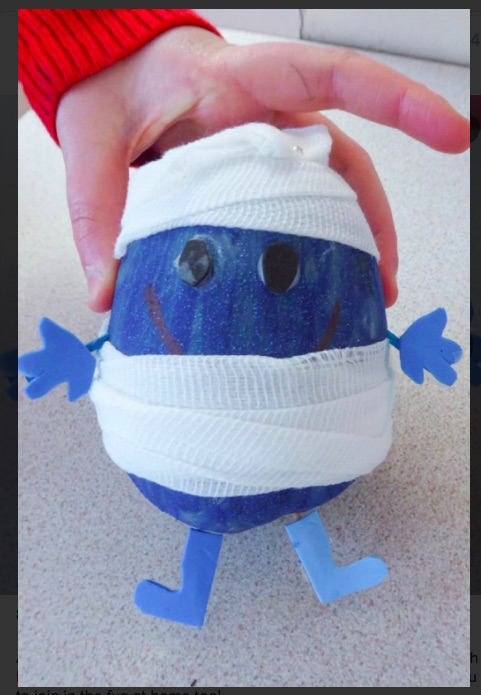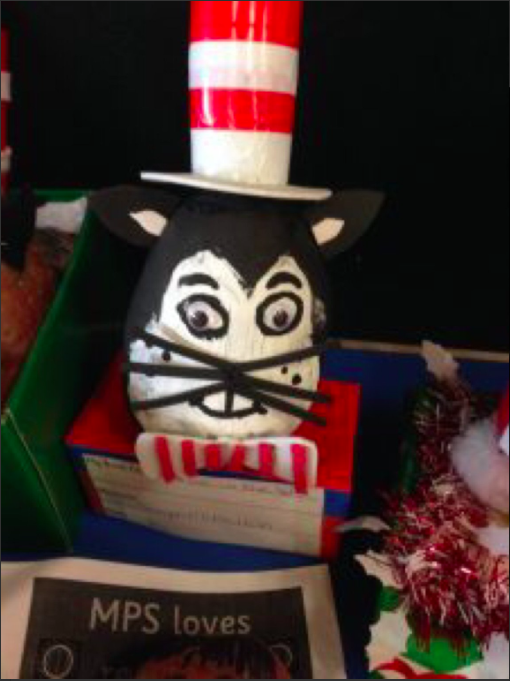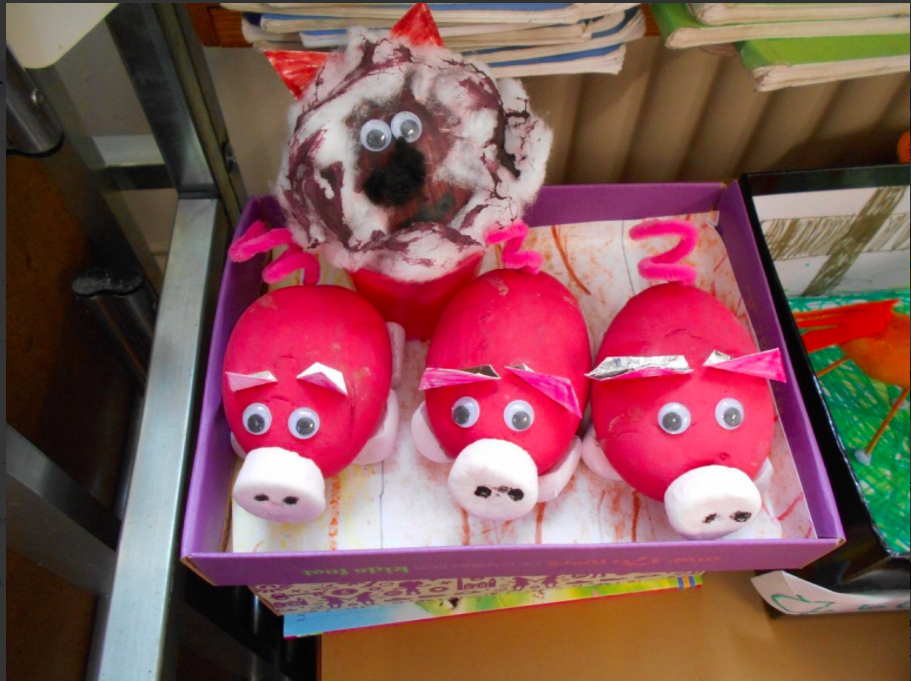Homework
The Governors of Greatstone Primary School understand the purpose of homework is to:
- Consolidate and reinforce educational skills, especially in literacy and numeracy.
- Encourage pupils to develop the confidence and self discipline needed to study on their own.
- Provide opportunities for parents, pupils and the school to work in partnership.
- Provide opportunities for parents and pupils to work together and to enjoy learning experiences.
For children at Key Stage 1, homework may often include learning of spellings, learning of words from word tins, learning of number facts and shared reading of stories. These provide important opportunities for young children to talk to an interested adult about what they are learning and to practise key skills.
As the children progress through the school, homework increasingly provides for them to develop the skills of independent learning and this, in itself, becomes a key purpose of the homework. By the time children reach year 6 their homework will cover a wide range of tasks, across various curriculum areas, within a regular weekly programme. This approach will benefit children’s learning and also ensure that, in relation to homework, as much as to other aspects, their transition to secondary school will be as smooth as possible.
Recommended time for Home Activities
| Reading | Other home activities | |
| Reception year | 10 minutes | 10 minutes |
| Years 1 and 2 | 20 minutes | 10 minutes |
| Years 3 and 4 | 20 minutes | 20 minutes |
| Years 5 and 6 | 20 minutes | 30 minutes |
However, homework may not necessarily be set on a daily basis, but with an accumulative weekly allocation equivalent to the recommended amount. This would give the children the opportunity to spend more than the recommended time on one night and less on another, in effect, operating a flexitime.
It is the responsibility of the School and specifically the class teacher to set the appropriate amount of homework, taking into account the individual needs, ability and work output of the pupils.
It is also the responsibility of the class teacher to ensure the homework is marked and that the work to be done is clearly understood by the pupil.
It is the responsibility of the parent/carer to ensure the work is done and to provide a suitable quiet area and the time to enable the child to complete the work.
It is not the responsibility of the parent/carer to teach the child as this could cause confusion should the methods vary with the school approach. Should a parent wish to communicate with a member of staff, concerning homework, this should be done through contacting the school for an appointment and not by writing in the child’s homework books.
A Guide to Shared Reading (for Parents)
As you can see from the recommended homework guide, the DfE has given the highest priority to reading at home. Teachers have been instructed to spend considerably less time listening to individual children read as this will now be done, at home, by parents or carers.
The following suggestions may help you bring a variety of approaches and a little more enjoyment in helping your child in his/her reading.
Shared reading can take several different formats and we recommend a combination of approaches to bring about the best results.
- Reading to or telling a story to your child.
- Reading together – You and your child both read the words out loud together. You must not go too fast, take your speed from your child. If your child struggles on a word or gets it wrong, just say the word yourself and then make sure your child repeats the correct word. Make sure the child is following the words. It is best if the child points to the words as you both read them. Over a period of time allow your child gradually to dominate the session until your voice eventually fades completely supporting only on words your child is struggling with.
- You take it in turns to read a sentence/paragraph. This enables the story to move along quite quickly and keeps the child’s interest going.
- Listening to reading – you listen to your child read to you. Do not let your child struggle over a word for more than 5 seconds, give them the correct word.
- You both read independently, from different books, quietly to yourselves.
Week beginning 24th February….



This week we are running a competition for World Book Day: Design a potato as a favourite book character! Entry forms are available from class teachers and entries should be brought into school on Thursday 5th March. Can’t wait to see them!

